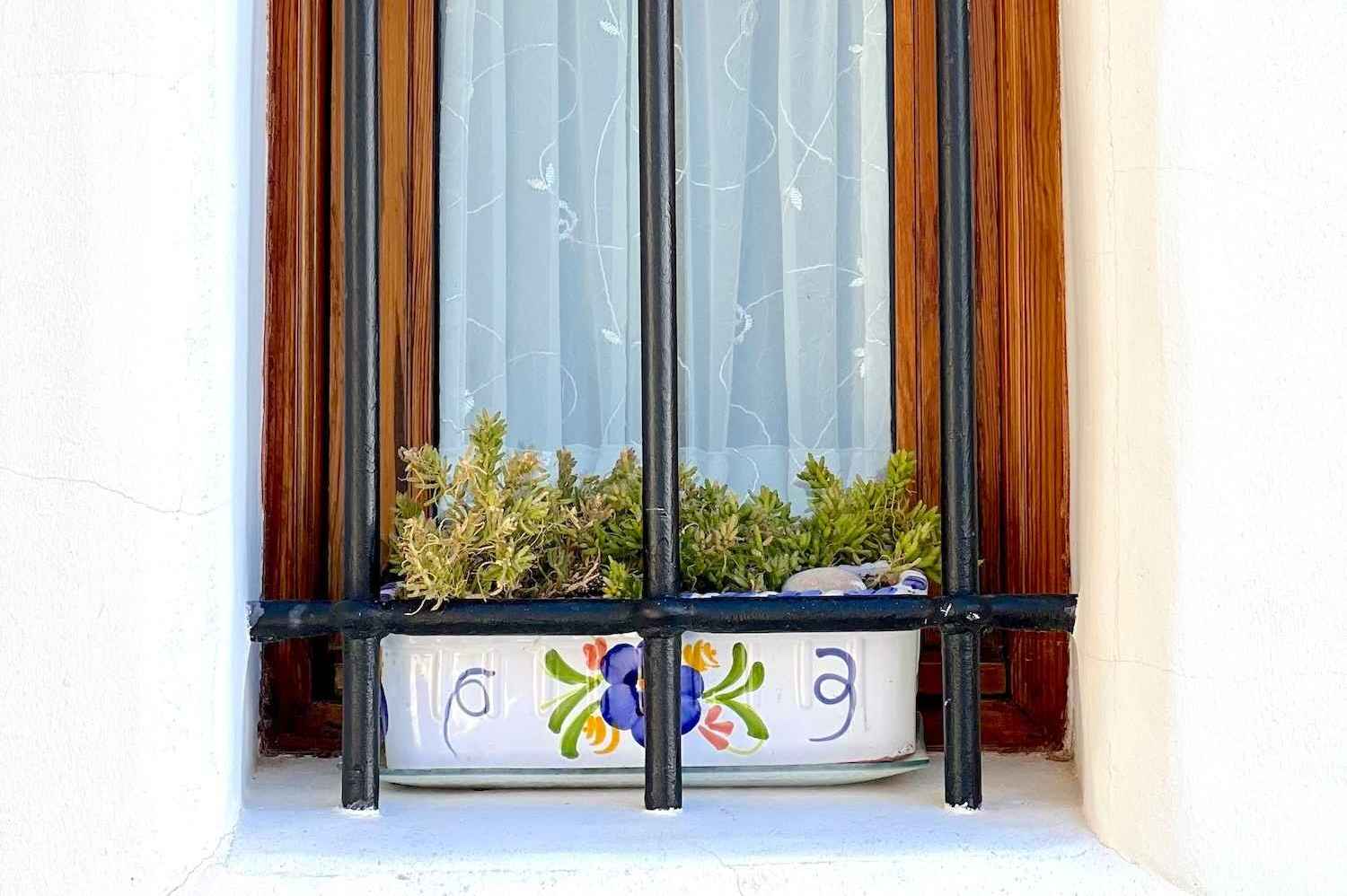If you own a property in Spain and want to rent it out, our simple guide will help you along the way so that you know how to rent out a property in Spain as a foreigner.
Perhaps you own a Spanish property or holiday but don't get much of a chance to use it. Having an empty house in Spain is a missed opportunity. You have to pay expenses and taxes, even if you don't use it. On the other hand, renting out your Spanish property allows you to make a profit, obtaining an income from it while it increases in value. We have all the details on how to rent out a property in Spain.
Renting out property in Spain - steps to follow:
-
- Documents for renting out a property
- Advertise your property: post the listing
- Tenant selection
- Spanish Rental Contract
- Deposit
- Handing over the keys
Renting out property in Spain: steps to follow
Documents for renting out a property
What is required to rent out a property in Spain? Once you have made the decision to put your property on the rental market, you must make sure that you have all the documents required by law in order to be able to rent your home. Not following the laws on renting out property in Spain and Spanish housing regulations could get you into difficulties, so before listing your property, it is advisable that you prepare all the following documents to avoid delays and possible problems with the rental.- Title deeds: You need this document to certify that the house you are renting belongs to you. There is no single document that confirms this, but you can declare your ownership with several documents. For example, the title deeds of the house or the last IBI property tax receipt would be enough.
- Utility bills: In order to rent a property, the utilities must be registered. It is very important that you give the tenant a copy of the latest utility bills (water, electricity, etc.), as this will allow the tenant to change the ownership of the bills.
- Cédula de habitabilidad: This is a certificate of occupancy and is one of the fundamental and obligatory requirements when renting out a property in Spain. This document, which can only be issued by an architect, ensures that your rented flat meets all the technical conditions of habitability necessary for your tenant to live in it.
- Energy efficiency certificate: The energy efficiency certificate is once again compulsory for renting a property in Spain. In it, the consumption and CO2 emissions of the house are detailed. In addition, this helps the tenant to get an idea of the bill they will have to pay if they decide to rent your property. This document is cheap to obtain, costing around 60 euros, although it depends on the size of the property.
Advertise your property: post the listing
Once you have all the necessary information and documents, it is time to post your listing online. You can do it yourself on idealista, or get help from a real estate agency, depending on what you prefer. When it comes to your property listing, the more information it contains, the better the results. In it, you should include all the relevant information about the house and leave no room for doubts to avoid wasting time. In your property listing you should include:- Characteristics of the property: The listing should include information about the living space, number of bedrooms, bathrooms, terraces, whether it has a garden, communal areas, swimming pool, storage room, garage, orientation, etc. Tenants will value renting your flat based on this information. It is very important that you do not leave anything out.
- Location: It's best to indicate the exact location of the property. Adding and showing some information about services in the area can also make people look more closely at the listing. For example, you can indicate if there are schools nearby, transport, etc.
- Photographs and videos: To get the most out of your listing, the most effective way is to take good photographs. There are many houses that go unnoticed because they do not have quality images. You can take them yourself or you can hire a professional. Depending on the surface area, the price of taking professional photographs varies.
- Rental price: It is essential to indicate how much you want a potential tenant to pay for the rented property.
Tenant selection
You have been lucky and your flat is attracting a lot of interest. You have several applications. Now, who to choose? Almost 99% of a successful rental corresponds to selecting a good tenant. To do this, the best thing to do is to consult rental arrears files, as here you will find valuable information about the potential tenant, for example, if he/she has debts with other landlords or entities, etc. This is the best tool for preventing non-payment of rent and it is advisable to avoid any kind of future issue.Spanish Rental Contract
You have already chosen a tenant and now it is time to draw up the contract. This is also one of the decisive points of the lease. Everything must be clearly stated in order to offer the best guarantees. In your Spanish rental contract, it is important to gather as much information as possible. This is what should appear:- Duration of the lease and when it starts
- Who will be responsible for expenses and utilities
- Deposit
- Amount of monthly payments and how they are to be paid
- Who pays for repairs
- Inventory of the furniture (it is advisable to take photographs of the state of the flat before returning it, in case problems arise)








